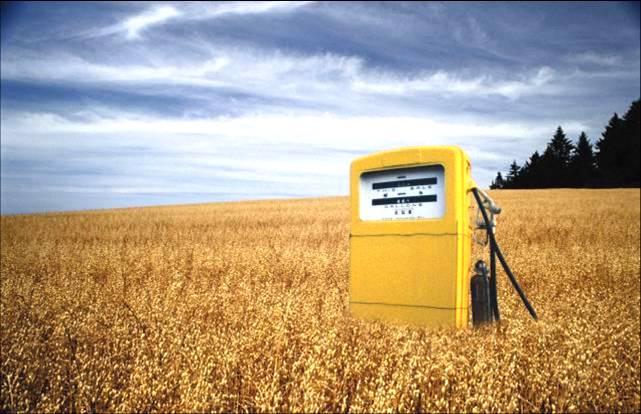CRITICISM OF BIODIESEL Biofuels are problematic not only because the process may use sources of food in a time when people go hungry, and may actually take more net energy to produce than traditional fuels (two common criticisms), but because, fatally, a handful of multinational corporations (in particular the biotech agriculture industry) have a monopoly over the market. The oligopoly controls the two main sources of the sugars necessary for the seemingly most viable biofuel, bioethanol: corn and sugarcane. Biotech agribusiness can patent plant genetic material-- i.e. seeds-- enabling a few huge companies to control all corn and sugarcane production, which has resulted in genetically modified monocultures that require pesticides and fossil fuel based fertilizers, conveniently made by the same handful of corporations.  |  ETHICAL ISSUES In light of the strong evidence that growing corn, soybeans, and other food crops to produce ethanol takes a heavy toll on the environment and is hurting the world's poor through higher food prices, consider this astonishing fact: This year, more than a third of the U.S.'s record corn harvest of 335 million metric tons will be used to produce corn ethanol. What's more, within five years fully 50 percent of the U.S. corn crop is expected to wind up as biofuels. |